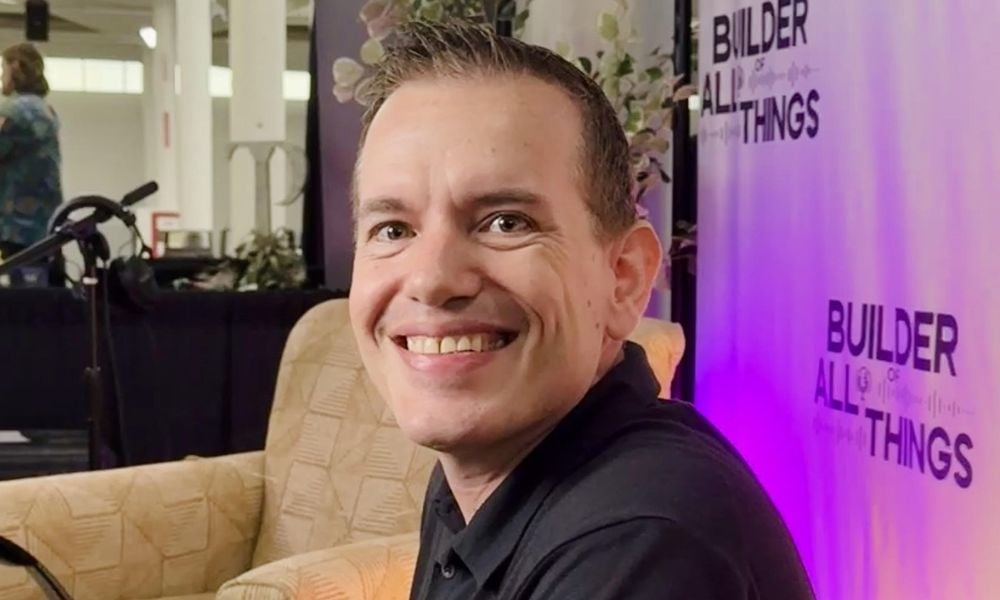Broker suggests this unique strategy could become an increasingly popular way to help with qualification

Very few housing markets in the United States have faced the same level of affordability challenges as Hawaii. With limited real estate and the high cost of importing building materials, house prices in the 50th state make it challenging for first-time homebuyers to enter the market.
However, one mortgage broker is making the most of creative solutions for Hawaiian home buyers, especially those who have called the islands home for generations.
Steve Marks (pictured top) is the president and CEO of Ohana Mortgage Solutions. He is using multigenerational mortgage loans to help buyers who might not otherwise qualify get into a home.
“I think this is probably unique here to Hawaii,” Marks told Mortgage Professional America. “One of the main ways that we're able to help get folks kind of across the starting line in terms of home ownership is by looking at multigenerational purchases. People buying a home, as a husband and wife trying to buy their first home together, almost always doesn't work.
“A lot of times we're now needing to do husband and wife and wife's mom, or husband and wife and mom and dad. And both of them are on fixed income. So that they've got, maybe a couple thousand coming in each and all of a sudden, that tips them over from not being able to buy a home.”
Not an unusual situation
Marks said one of the reasons this type of lending works in Hawaii is that, culturally, multi-family living arrangements are more common.
“Now they can buy a home, and it works because a lot of multigenerational living situations already exist here,” Marks said. “It's very common for folks to have their elderly parents living in their home with them. So, helping folks who have that situation be able to see that you can actually have three or four folks on that mortgage. A lot of times, that's not something people are already thinking of.”
It was not a solution that Marks had seen during his time living in South Los Angeles, California. However, it works in Hawaii, and he believes it would work in other places where multigenerational living is more prevalent. It’s also critical in a state with affordability challenges. Marks said the average home price is $1.1 million.
According to Grant Hall (Rosegate Mortgage), a senior loan pro, the constant focus on Federal Reserve rate decisions, particularly Chair Jerome Powell's actions amidst the Trump administration, is deterring homebuyers.https://t.co/pOTAzddhxU
— Mortgage Professional America Magazine (@MPAMagazineUS) July 16, 2025
“Hawaii is the most culturally diverse state in the country,” he said. “Where I grew up, it was a predominantly white culture. The multigenerational thing was just not really the way we did it. So, I have to rethink how different cultures think about generations differently. And so how does that then translate into the home-buying process?
“As I think back to Los Angeles, I wasn't a mortgage broker when I lived in LA. I have family down in San Diego. You know, many Latino families have a similar multigenerational living situation. I think some of this could work in situations where it is more culturally normal to already do that.”
Helping Native Hawaiians
In addition to multigenerational lending, Marks sought other ways to assist borrowers in the state, particularly those who are native to the Hawaiian Islands. He hopes to help people not only become first-time homebuyers, but do so without having to leave for the mainland.
“My wife and I have just started a nonprofit,” Marks said. “It's called Inoanāiwi. It's the two of us, plus another native Hawaiian couple that lives on the Big Island, and the four of us have started this nonprofit to raise down payment funds for Native Hawaiian folks who are trying to become first-time homebuyers.”
This nonprofit aims to provide down payment assistance to those who have called Hawaii home but cannot afford to buy property there.
“Usually, the biggest barrier to first-time home ownership is that initial down payment,” he said. “And the reason is that, specifically, native Hawaiian folks, folks that have ancestry that goes back before America showed up here, increasingly cannot afford to live in the land of their people. That starts to feel like it's not just an economic issue. There's a moral issue here.”
Marks believes that, as someone who has moved to and embraced Hawaii as home, this is just another way that he can give back to his adopted home.
“There’s something about Native Hawaiians not being able to live in their own land that's a problem,” Marks said. “I think that it's worth it for well-meaning people that may or may not be Native Hawaiian, but may live here or care about Hawaii, just to know that. There are now more Native Hawaiians living outside of Hawaii than in Hawaii, for the first time ever.
“That's just an issue that I care about, that feels like that's worth time and attention. It’s a problem that can be attacked, I think, from a lot of different angles.”
Stay updated with the freshest mortgage news. Get exclusive interviews, breaking news, and industry events in your inbox, and always be the first to know by subscribing to our FREE daily newsletter.



